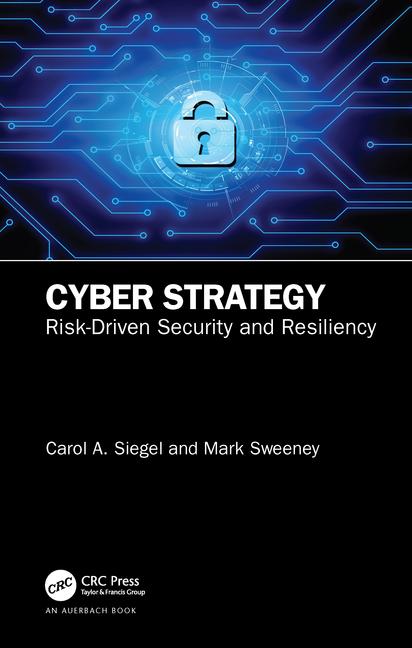
For innovative companies that leveragetransformation cyclesto enter new markets, their pace of business strategy moves at a fast clip. For many firms, strategy historically was something that rolled out over a two- to three-year period. But in markets undergoing fundamental transformation cycles – such as physical security – the advantages and market share go to the quick, not to the overly conservative. This is especially true during convergence, where new competition (IT companies) welcomes these transformation cycles as playing to their strengths of rapidly creating opportunities in new growth markets.
Today’s business reality creates a golden opportunity for innovative, partner-oriented security practitioners, or a deathblow to companies with old school, business-as-usual mindsets. The key to leveraging transformation cycles, in any industry, is that the integrationof multiple vendor products andcollaborationbetween companies is the model for success.
Consider the history of Apple Corporation. Steve Jobs, their famous CEO, has leveraged technology cycles to enter new markets better than any executive in the industry, perhaps in business history by the time he retires. His model is to win market share and then displace his own products before his competitors do.
Jobs created an IP product and marketing strategy (iPod) to take 40 percent of the handheld music market from Sony Corporation within 18 months. Not satisfied with after-sale service levels from cell phone providers, Apple created the iPhone and offered hands-on training classes. Now Apple is downloading movies and television programs and creating new markets for entertainment distribution.
Today, savvy security installers specializing in video and access control will utilize those existing talents and integrate new products and services to create opportunities in the residential security market. They will offer new services around the same handheld wireless technologies that Apple has leveraged to create new markets.
Residential markets are undergoing a shift as technology provides residential consumers with more functionality to create new offerings. As technology gets smaller and cheaper it is deployed to the consumer first, and innovative ideas start to impact service providers.
Smart business people will phase in new services with traditional business models to increase revenues. The residential market will never be the same.
The move to open, interoperable products enabling information sharing is the blueprint for collaboration. In today’s market both product cycles and partner initiatives have accelerated.
The problem is that some security companies have internal cultures steeped in conservative thinking that are not keeping pace with new business models. Business history does not reward that mode of thinking.
As you enter 2008 and look at your corporate strategy, ask yourself (or team) a few critical questions:
- Do we understand that we have to execute our strategic plans much faster?
- What partners have the experience we need to add value to our product or end-users?
- Are our best people focused on integrating our product solutions with key partners?
- Do we have quarterly MBOs (management by objectives) for our executives and key employees that align with our business strategy for 2008? Do we prioritize partnerships and entering new markets?
- Can we create new revenue opportunities by leveraging technology?
- Are there new competitors after our traditional markets? (Sony missed Apple.)
In industry transformation cycles the hare wins the race and the tortoise loses. Resolve in 2008 to be fast, innovate, and partner.Be Apple: Think Differently!




